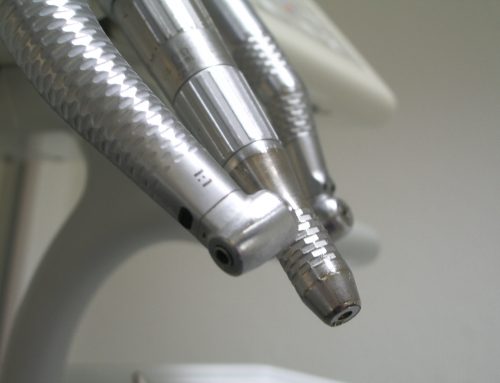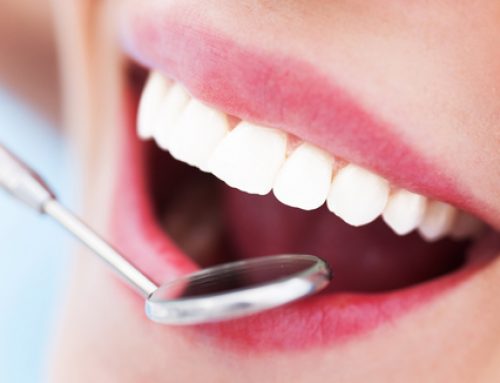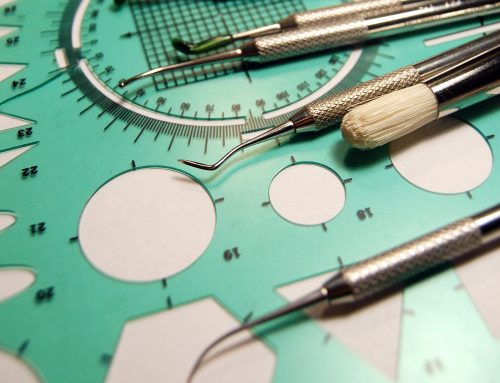Part one of a series on oral health explores gingivitis and periodontitis.
Gingivitis: What it Is and How You Can Treat It
In our last article, we covered how a dentist is a medical professional that you should visit regularly. One condition that has potentially life threatening ramifications is gum disease. Why gum disease can be more dangerous than you think is that it causes inflammation to crop up through out the body, including to your cardiovascular system.
One of the most common forms of gum disease is gingivitis. If gingivitis is untreated, it can eventually lead to more serious forms of periodontal disease.
What is gingivitis? “Gingivitis (“inflammation of the gum tissue”) is a non-destructive periodontal disease.[1] The most common form of gingivitis, and the most common form of periodontal disease overall, is in response to bacterial biofilms (also called plaque) adherent to tooth surfaces, termed plaque-induced gingivitis.” [READ WIKIPEDIA ARTICLE HERE]
What are the symptoms of gingivitis? Symptoms of gingivitis include:
Halitosis
Swollen gums
Bleeding gums when you brush or floss your teeth.
What causes gum disease? While there is a dietary factor as well, which we will explore further in our next article, the primary cause of gingivitis is lack of proper oral care. The truly sad thing about gingivitis is that it is reversible with just a few simple lifestyle changes. All you have to do is brush your teeth once a day, and brush and floss your teeth once a day. Regular brushing and flossing reduces your risk of gum disease by 80%. In addition, if you brush and floss, you also will find yourself getting healthier. Why? Well, your body doesn’t have to work so hard to fight a set of infections tied to your mouth and your gums. If you don’t take care of your gums, however, then the next step is periodontal disease.
Not Scared of Periodontal Disease? You Should Be
Your gums and connective tissues can be eaten away by under the gum line bacteria. As a result, you can start to have tooth loss or even bone loss, which means that you may have to have some very expensive oral surgery to correct the problem. You also increase your risk of heart disease and strokes.
So remember, taking care of your body is important. Get plenty of rest and plenty of exercise as well. Drink a lot of water, and cut down on your soda. And most of all, schedule a checkup with your dentist.
This concludes part one of our series. For more information on gingivitis care and prevention, be sure to read part two as well.
Gilbert Vista Dental Care
2451 East Baseline Road #210
Gilbert, AZ 85234
(480) 503-5467
Schedule an Exam







